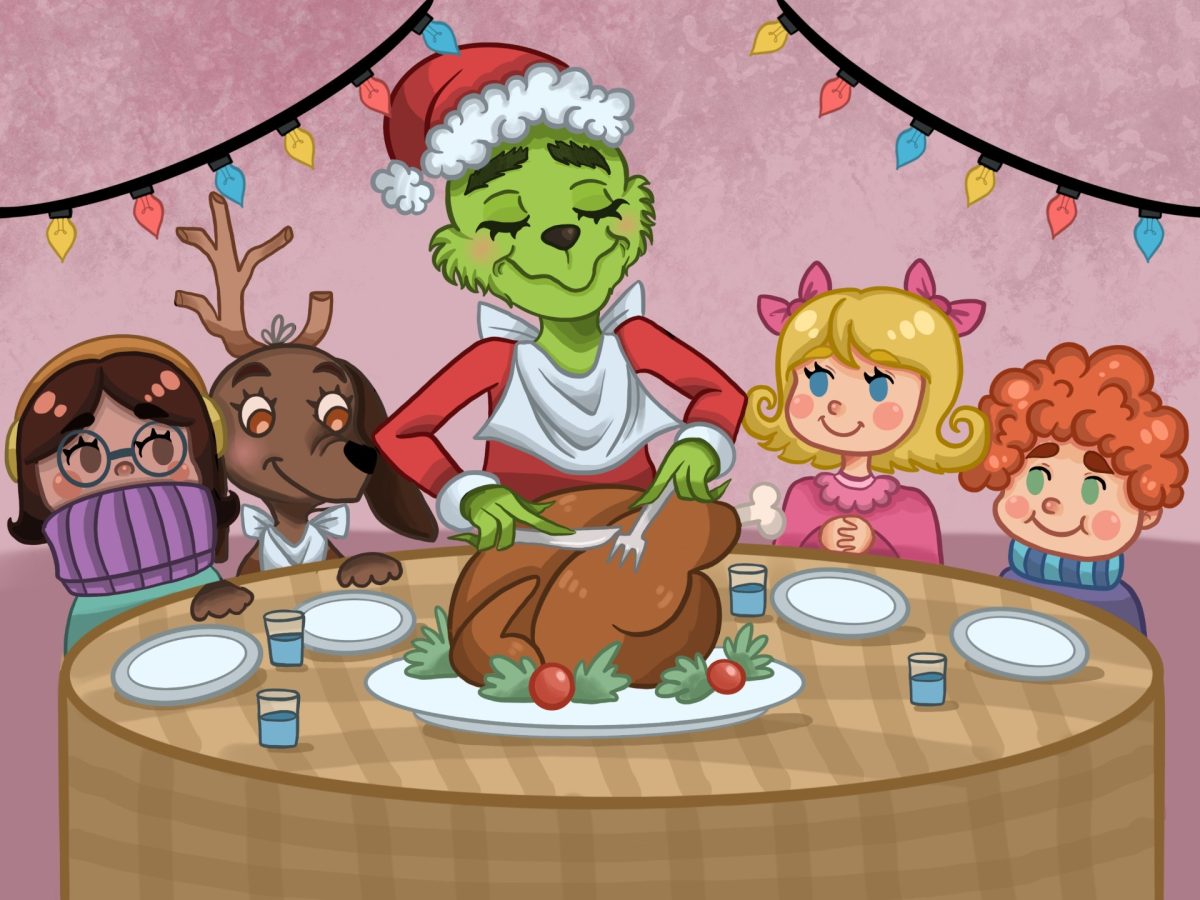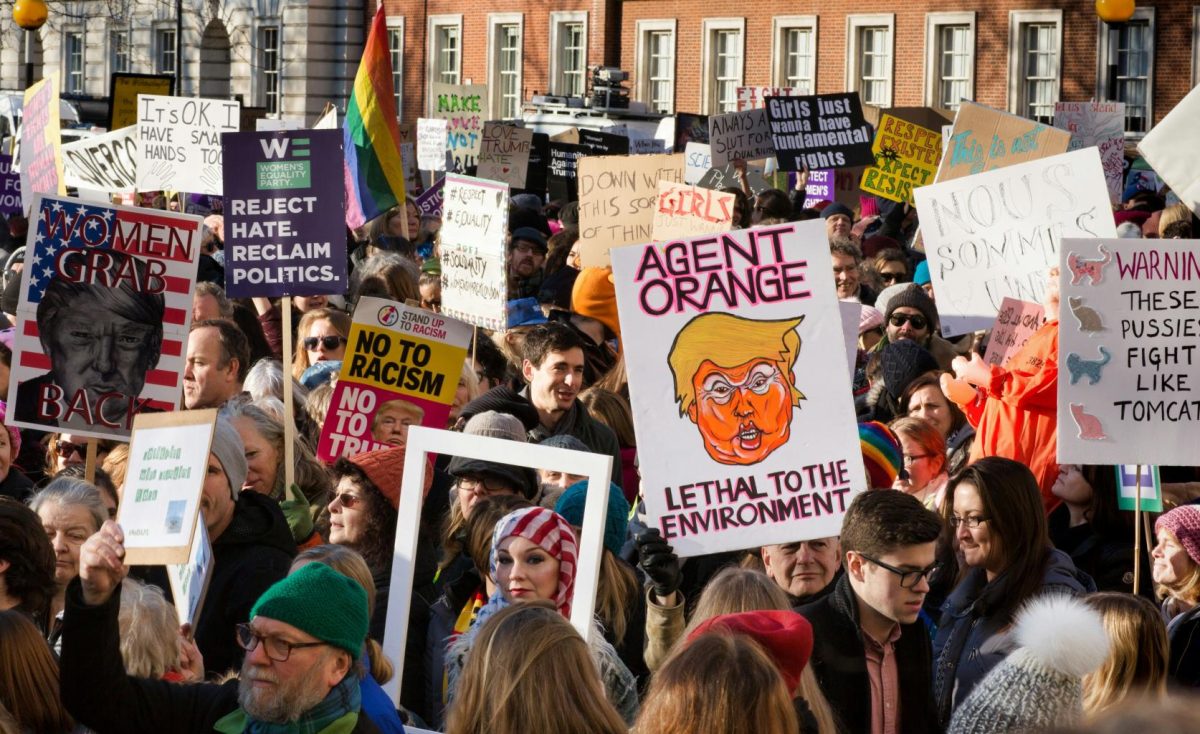The Life of Hugo Chavez
March 7, 2013
The Venezuelan government confirmed on Tuesday, March 5 that their president, Hugo Chavez, has died at the age of fifty-eight in a losing battle with cancer. Hugo Chavez was recently re-elected for his fourth presidential term in October 2012, yet although his new term began in January 2013, he has reportedly been recovering from surgery since Dec. 11, 2012.
The late president’s death has sparked strong feelings, especially among the poor in Venezuela, from which he had strong support. But Chavez made enemies as well, over the course of his fourteen years in office. Chavez, a self-proclaimed anti-Imperialist, was outspoken against the United States’ foreign policy, as well as US-endorsed neoliberalism and laissez-faire capitalism.
Chavez was born in July 1954 to a working class family and was sent to live with his grandmother during his childhood. He was the second of seven children, and was raised as a devout Roman Catholic; even serving as the altar boy at his church. At the age of seventeen, he began studying at the Venezuelan Academy of Military Sciences in Caracas. During his time in Caracas, Chavez witnessed the widespread poverty among the working class in his country, and began to take interest in social justice.
Following his graduation from the academy, Chavez became stationed as part of a counterinsurgency unit in the Venezuelan military, and battled a Marxist-Hoxhaist insurgency group called the Red Flag Party in 1977. Afterwards, he formed a revolutionary movement within the armed forces which he called the Bolivarian Revolutionary Army-200, which was later renamed the Revolutionary Bolivarian Movement-200. Around this time, Chavez was hired as an assistant to a high-ranking official, General Rodríguez Ochoa.
After the 1989 election of Carlos Andrés Pérez, Chavez became infuriated by Pérez’s utilization of economic policies recommended by the United States government and the International Monetary Fund (IMF), despite initially denouncing such policies while running for election. Following his election, Pérez also ordered a violent repression of protests that were then sweeping over the country, which left 276 people dead, and numerous injured. This event was known as El Caracazo. Chavez later planned a military coup d’état called Operation Zamora. However, the coup was a massive failure, and as a result Chavez was imprisoned. However, Pérez was later impeached a year later due to the misappropriation of funds for illegal activities.
In 1994, Rafael Caldera was elected into presidency, and following his election he freed Chavez, as well as his fellow counterparts whom were also imprisoned. Chavez subsequently went on a tour of Venezuela as well as other countries in South America, and during this time period he met and befriended Cuban leader Fidel Castro. Chavez later became a critic of Caldera’s neoliberal policies that pushed up inflation rates in the country, and thus he and others founded a new political party called the Fifth Republic Movement in 1997 in order to support Chavez’s candidature in the 1998 Venezuelan presidential election.
While running for president, Chavez promised the Venezuelan people drastic social and economic reforms which garnered the support of the country’s working class. Chavez ran against Henrique Salas Römer, a Yale-educated economist who ran as a Project Venezuela candidate. Chavez won the election by a 56.20% margin. Upon being sworn into office in February 1999, Chavez has been re-elected three times and has remained president of Venezuela until his death on March 5, 2013.
Hugo Chavez will be remembered for his flamboyant personality and his blunt critique of United States foreign policy, as well as Israel’s treatment of Palestinians. He even publicly referred to Former U.S. President George W. Bush as a “devil” in a speech given at the U.N. in 2006, and in a rare interview with Barbara Walters of ABC News.
Within his own country, Chavez has been viewed as a strong man representing the poor by his supporters and, by his critics as a dictatorial leader who damaged his economy due to unsustainable public spending and temporary solutions to economic problems. Yet although Chavez was not loved by everyone, he nonetheless has left a considerable impact on the life of the Venezuelan people, and his legacy will last for many years to come.

(Marcello Casal Jr. / Agência Brasil)” height=”266











































































